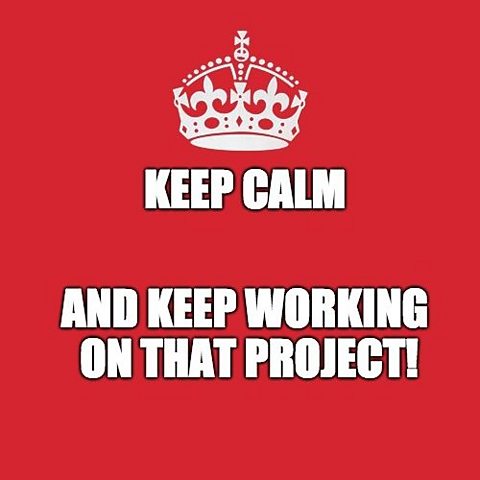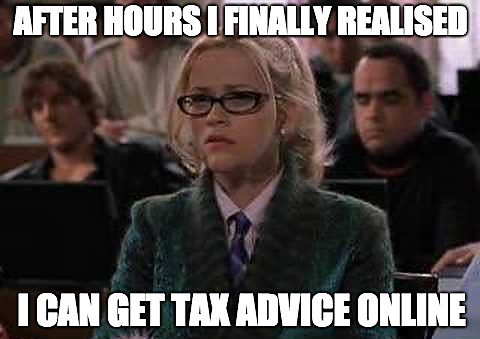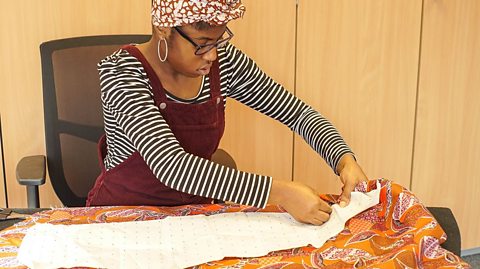We've busted some myths about being your own boss with the help of some young freelancers. Now, they give us their top tips on working for yourself.

1. Can I get that in writing?
When negotiating contracts and rates of pay with a client, it’s good professional practice to get the information in writing or in an email. Take your time to read and agree on the terms, and keep them for future reference when you’re invoicing for your work.


2. Own transport, own tech
Having a driving licence or your own transport can be useful if you need to travel to meet clients. Similarly, having your own laptop or the additional tech you need for your job also makes you more flexible and hireable.
'What if I can't afford a car or laptop right now?" I hear you cry! Well, don't worry: client companies sometimes supply the equipment you need while you are working for them. You should always ask them and find out what you will be given access to ahead of the job. It's also sometimes possible to hire kit and devices on a short-term basis from online suppliers or some public libraries.
You can also investigate whether there are any bursaries or funding opportunities for your area of expertise. For example, for screen-based media jobs, ScreenSkills provide training bursaries, as well as heaps of information and advice. The Prince's Trust also offers awards to help with the cost of training, equipment and more.


3. Get disciplined – get a routine
You have sole responsibility for finding and securing your own work, and finishing it to the satisfaction of your client. If you are self- disciplined and create a regular routine of working hours, you will find it easier to be efficient and keep those jobs rolling in!


4. Lonely? Find a co-working space
If you are working on a project from home and would prefer an office setting, you may be able to find cool co-working spaces online near you. Alternatively, head to a local café or library to get the feeling of working around other people. Work out what kind of set-up you prefer.
Bear in mind there are risks attached to working in a public space, particularly if you’re dealing with sensitive information. So if you’re working on a project that involves personal data or confidential material, do not rely on shared Wi-Fi networks and make sure you agree with your employer if you’re not going to work from their premises.


5. Get schmoozing
If the thought of it makes you want to hide under a rock, you’re not alone, but according to other freelancers it does get easier! Networking is an important way to find potential new clients and people to work with. Having some business cards you can hand out when the opportunity strikes is also a pro-move to maximise your chances.
If you really, really hate to network in person, get creative online and post your availability for work on social groups and communities. Having a strong presence on social media platforms can help you communicate your brand and connect with potential clients.


6. Get legal and financial advice
Doing your own tax return can be painful, but websites like gov.co.uk can offer guidance. If you’re a freelancer, research your legal rights online – for example, to make sure you are insured properly.


7. Know your red lines
If you’re just getting started, you want to make sure you’re paid at least minimum wage (which will rise to £8.21 in April 2019) for your work. So figure out how many hours it will take you to complete the job and divide the overall budget or payment you are getting between them. Decide what your rules are around which projects you accept, as well as the rates of pay you realistically want.

Rachel: dancer and choreographer. video
Rachel uses her knowledge of the body to teach people how to dance.

Gemma: fashion designer
Gemma launched her own fashion brand.

Meet Grace
Her job is to write new music.
